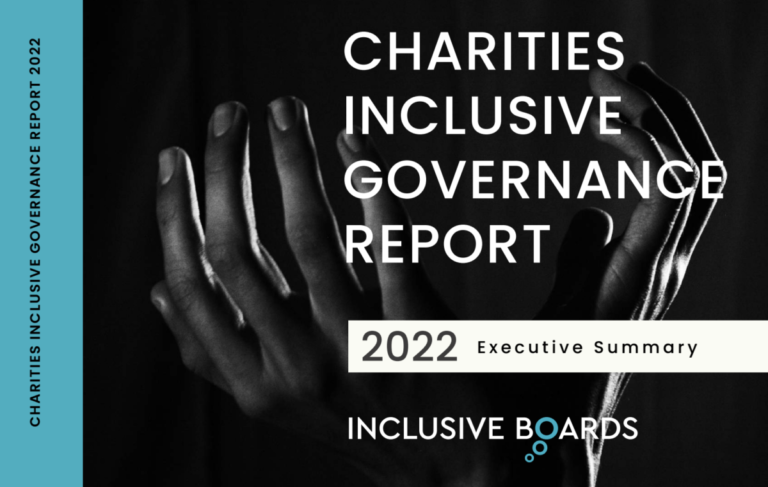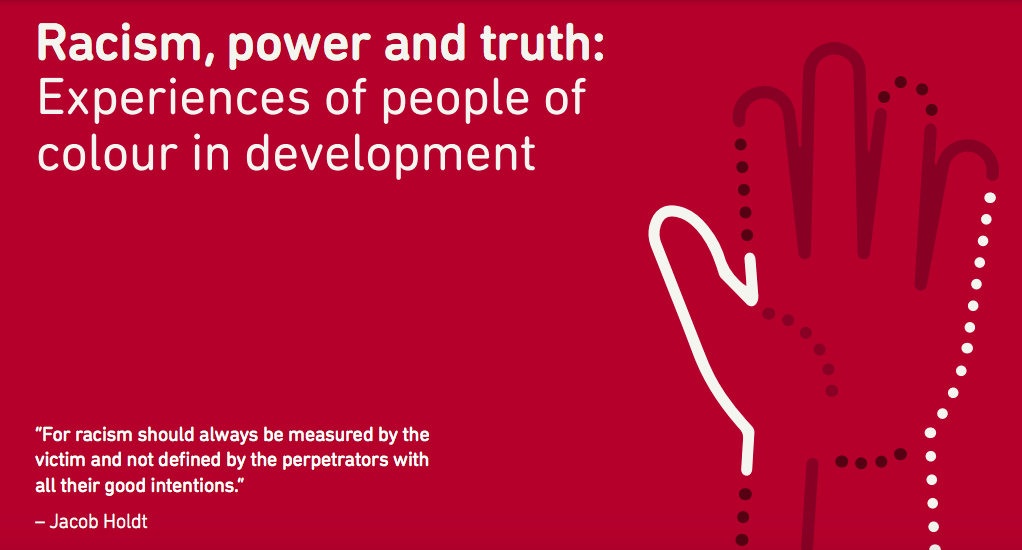Just 13% of charity boards have gender parity

Despite women making up 68% of civil society workers, only 13% of boards have gender parity, an Inclusive Boards report has found.
The Inclusive Governance 2022 report looks at the top 500 UK charities by income and shows the progress that has been made in the sector since Inclusive Boards’ last report in 2018, as well as where improvements still need to be made.
It finds that while this group of charities has progressed in many areas, gender parity at board level has still not been reached and ethnic diversity still lags behind the FTSE 100. In addition, senior leadership teams remain behind boards in terms of gender, racial and ethnic diversity.
Advertisement
Key findings include:
- 29% of charities have all white boards compared to 4% of FTSE 100 boards
- 51% of charities do not have a minority ethnic woman on their board
- 84% of trustees are white and 16% are from minority ethnic backgrounds. This however represents a 9.4 percentage points increase from the 2018 findings
- Women represent 40% of trustees & 7% of trustees in the UK’s top 500 charities are minority ethnic women
- Inclusive Boards identified 15 boards with more than ten female trustees and just one all-female board (UK Online Giving Foundation)
- 65 charities out of 500 (13%) have an equal number of male and female executives, an increase of 17 since 2018
- 9% of senior leadership team members are from a minority ethnic background
- Over 1 in 10 charities have an all-male senior leadership team
Report recommendations
The report includes a set of recommendations to help accelerate progress towards a more equal, diverse and inclusive civil society sector. These include steps for the Charity Commission to take such as introducing a requirement for charities with 250 or more employees to annually publish diversity data of their boards and senior leadership teams, and an updating of its current and future Business Plans to include a specific focus on equality, diversity, and inclusion priorities.
For charities, its recommendations include that all should aim for gender parity across their board and senior leadership composition; that they should aim for levels of representation for individuals from minority ethnic backgrounds with senior leadership using place-based (local) as opposed to national benchmarks; and promote relevant schemes, internally and externally, to ensure a continuous pipeline of diverse candidates for senior leadership and board positions.
The report can be found here.





